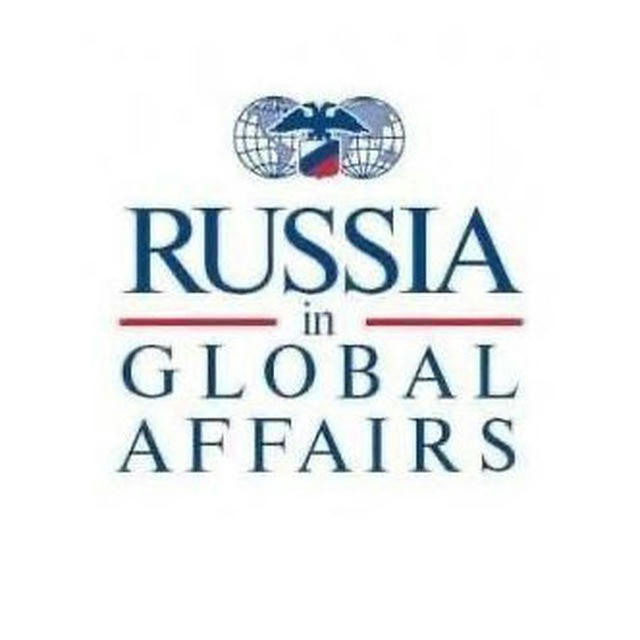
Russia in Global Affairs
Russia in Global Affairs is an international platform that publishes the results of individual and collective research in international relations — https://eng.globalaffairs.ru/ VK — https://vk.com/russiainglobalaffairs
Більше- Підписники
- Перегляди допису
- ER - коефіцієнт залучення
Триває завантаження даних...
Триває завантаження даних...
Moscow joined the NATO’s Partnership for Peace program 30 years ago, but today there is neither partnership nor peace.
India's pursuit of "strategic autonomy," somewhat akin to that of France, underlines a broader global strategy to balance great power politics without becoming overly dependent…
Soft power is an instrument of dominance, competition, non-violent struggle, and consolidation of allies. The new anti-neocolonial agenda proposed by Russia as part of its…
The case of anti-Russian sanctions provides several insights into targeted sanctions and their spillover effects, and into the very theory of sanctions.
To counteract the U.S. policy of containing China, and to further develop its diplomacy in Central Asia, China prioritizes the development of relations with Russia.…
When he first took office, the Russian president was trying to integrate with the West, now the whole ball game has changed.
In the 1980s-1990s, two socialist countries—the Soviet Union and the People’s Republic of China—carried out deep and comprehensive reforms. However, the result turned out to…
The advantage of Russia and China is that our two nations are indispensable and necessary links in international relations, as the history of the previous 200 years has proved.Our Editor-in-Chief Fyodor Lukyanov @ru_global describes the future of Russia–China engagement in the emerging world order in his interview with RIAC @russiancouncil. https://eng.globalaffairs.ru/articles/being-in-order-riac/ #Russia #China #multipolarity #WorldOrder 📖 Subscribe to the magazine 🌐 Russia in Global Affairs
Russia and China have a truly unique role in the international arena, which makes their relations a huge and very complex topic. Neither country accepts…
The new federal legislation gives the president a mechanism that was previously absent from the executive branch. The head of state, by his decrees, may…
На вашому тарифі доступна аналітика тільки для 5 каналів. Щоб отримати більше — оберіть інший тариф.
